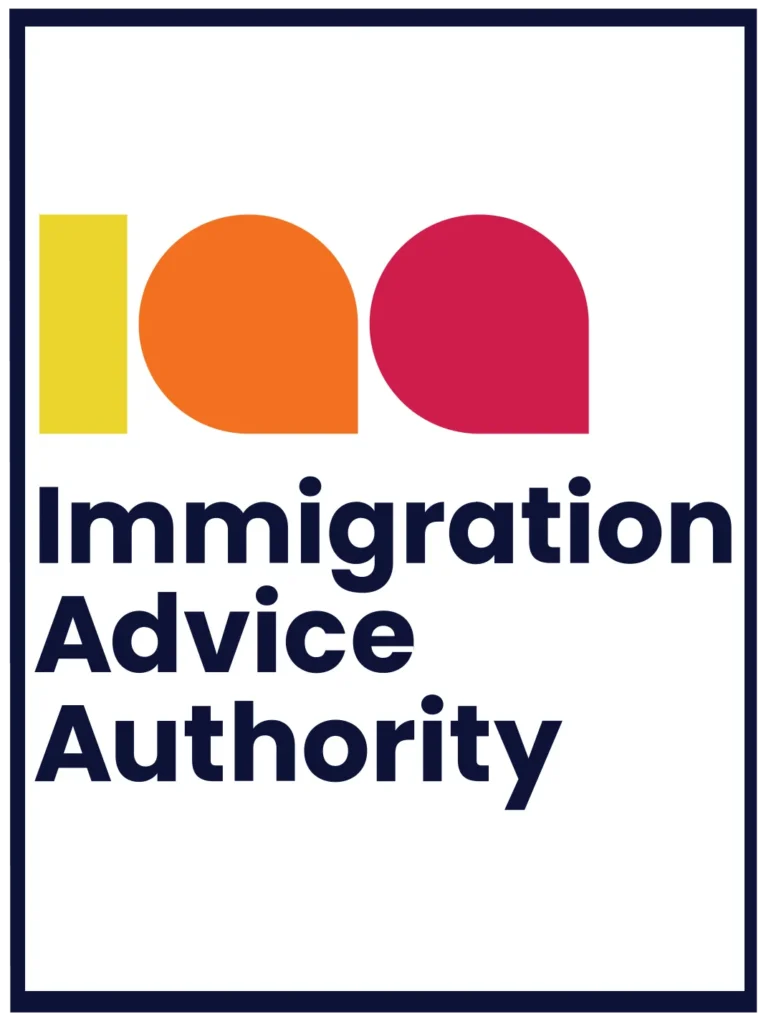Studying abroad is a life-changing experience, but it often comes with the challenge of leaving family behind. Thankfully, many countries allow international students to bring their family members along. However, specific eligibility rules apply, and understanding them is crucial before making plans.

Who Qualifies as Family Members?
Most countries define “family members” as the student’s dependents, which usually include:
A spouse or legally recognized partner
Dependent children under a certain age (commonly under 18 years)
In some cases, unmarried or financially dependent children above 18
Parents, siblings, or extended relatives generally do not qualify under student visa regulations.
Minimum Course Requirements
To bring family members, the international student typically needs to be enrolled in:
A full-time course at a recognized institution
A program that meets the country’s immigration requirements (for example, a postgraduate course, a degree program, or a government-sponsored study)
Short-term courses or part-time studies usually do not grant eligibility for dependents.
Financial Requirements
Governments want assurance that the student can support both themselves and their dependents without relying on public funds. This means you must show proof of:
Adequate funds for tuition and living costs
Additional financial resources to cover your dependents’ expenses
In some cases, evidence of prepaid accommodation or sponsorship
Health Insurance and Medical Cover
Dependents are often required to have valid health insurance while staying in the host country. Some countries mandate enrollment in the national health system, while others require private coverage.
Accommodation and Living Arrangements
Before applying for dependent visas, students may need to provide proof of suitable accommodation that can house their family members safely and comfortably.
Work Rights for Dependents
In many countries, spouses of international students are allowed to work either full-time or part-time. However, work rights depend on the student’s level of study and visa type. It’s important to check specific conditions, as some visas restrict dependents from working.
Application Process for Dependents
To bring family members, students typically need to:
Apply for their own student visa first.
Include dependents in the visa application or submit a separate dependent visa application.
Provide supporting documents such as marriage or birth certificates, proof of relationship, and financial evidence.
Conclusion
Bringing family members on a student visa is possible, but it requires meeting strict eligibility criteria. From proving financial stability to ensuring adequate healthcare coverage, careful planning is essential. Students should always check the latest immigration guidelines of their destination country before applying to avoid delays or rejections.


